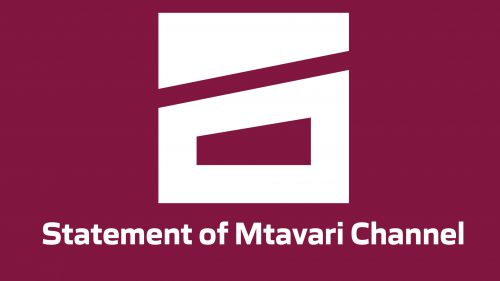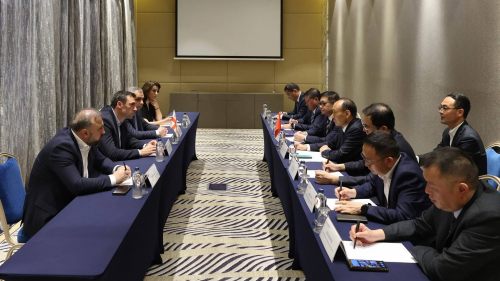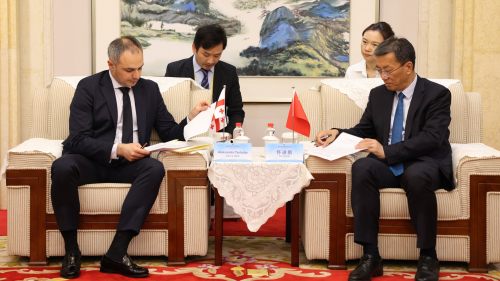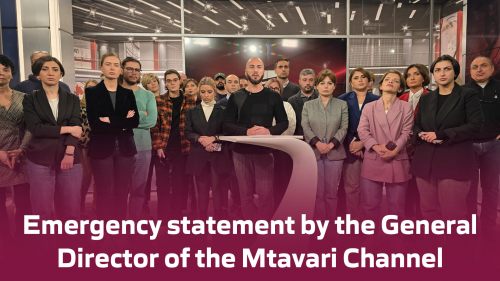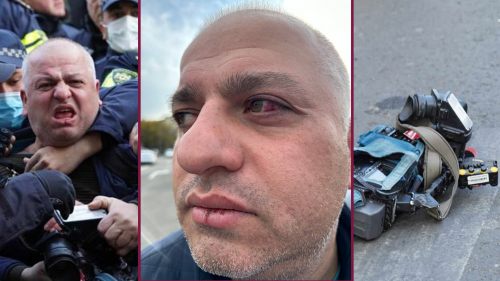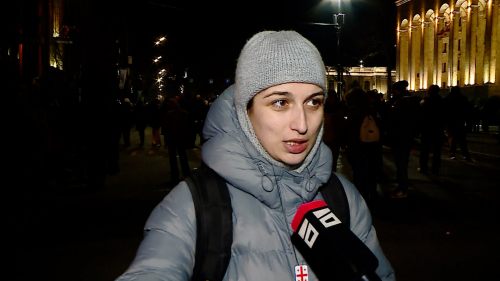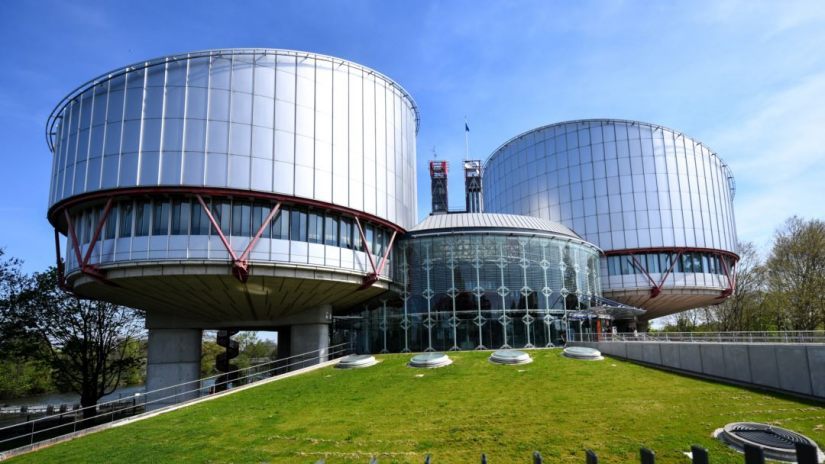
Sopho Asatiani, spokeswoman for the Open Society Georgia Foundation, said the Strasbourg court answered three key questions in its decision in Georgia v. Russia case, some of which were procedural and some of which were substantive.
"The European Court of Human Rights will probably write a lot today about the moral and legal dispute it decided today. However, it is necessary to clarify the basic issues. Answered questions, some of which are procedural, some of which are substantive:
1. Did Russia have overall control over the Abkhazian and Ossetian separatists and their actions, and therefore would Russia kill, torture, inhumanly treat, persecute and destroy Georgian citizens during the August 2008 war and beyond?
As regards this question the court divided the question into two parts and said that before August 12 it was difficult to establish control, because there was a bilateral war, chaos prevailed, and it could not clearly answered in whose favor, and after August 12, the court clearly answered - yes, by the Russian directive, participation and assistance both Russian and separatist militias were acting;
2. Whether there was any administrative violation of rights, which deprives the applicant of the possibility to exhaust his domestic mechanisms (to seek justice in the Russian investigative and judicial structures before Strasbourg):
The court also answered here that yes, there was an administrative practice of torture, murder, violation of rights, that is, these violations were so widespread and purposeful that they consider them as a common practice, not as separate incidents.
3. Was Georgia able to demonstrate a large-scale violation of its rights by citing relevant evidence?
The Court here saw different scales of violations on different rights, which is natural. But the main thing is that yes, Russia has violated the right to life, yes, tortured our citizens and yes, destroyed property" - wrote Sofo Asataiani.
I will tell you here that the Strasbourg Court upheld the claim of Georgia against Russia.
Recall that Georgia initially filed a lawsuit in Strasbourg the day before the signing of the cease-fire agreement with Russia, but eventually the interstate claim was filed in the European Court on February 6, 2009.
In it, Georgia accuses Russia of indiscriminate and disproportionate attacks on civilians and their property in Abkhazia and South Ossetia by its armed forces and forces in the breakaway regions it controls.
Georgia accuses Russia of violating eight articles of the European Convention on Human Rights, which are:
- Right to life;
- Prohibition of torture and inhuman or degrading treatment or punishment;
- The right to liberty and security;
- Right to respect for private and family life;
- The right to an effective legal protection;
- The right to protection of property;
- The right to education and freedom of movement.
Russia denied the accusations in a statement issued Friday, which said, "Such unfounded accusations against Russia have been made many times. Russia says the attacks were not carried out by its armed forces and that its armed forces were protecting South Ossetian civilians from attacks by Georgia.
In addition to this interstate lawsuit related to the August war, there are about two thousand individual lawsuits pending in the Strasbourg court related to the same war.



